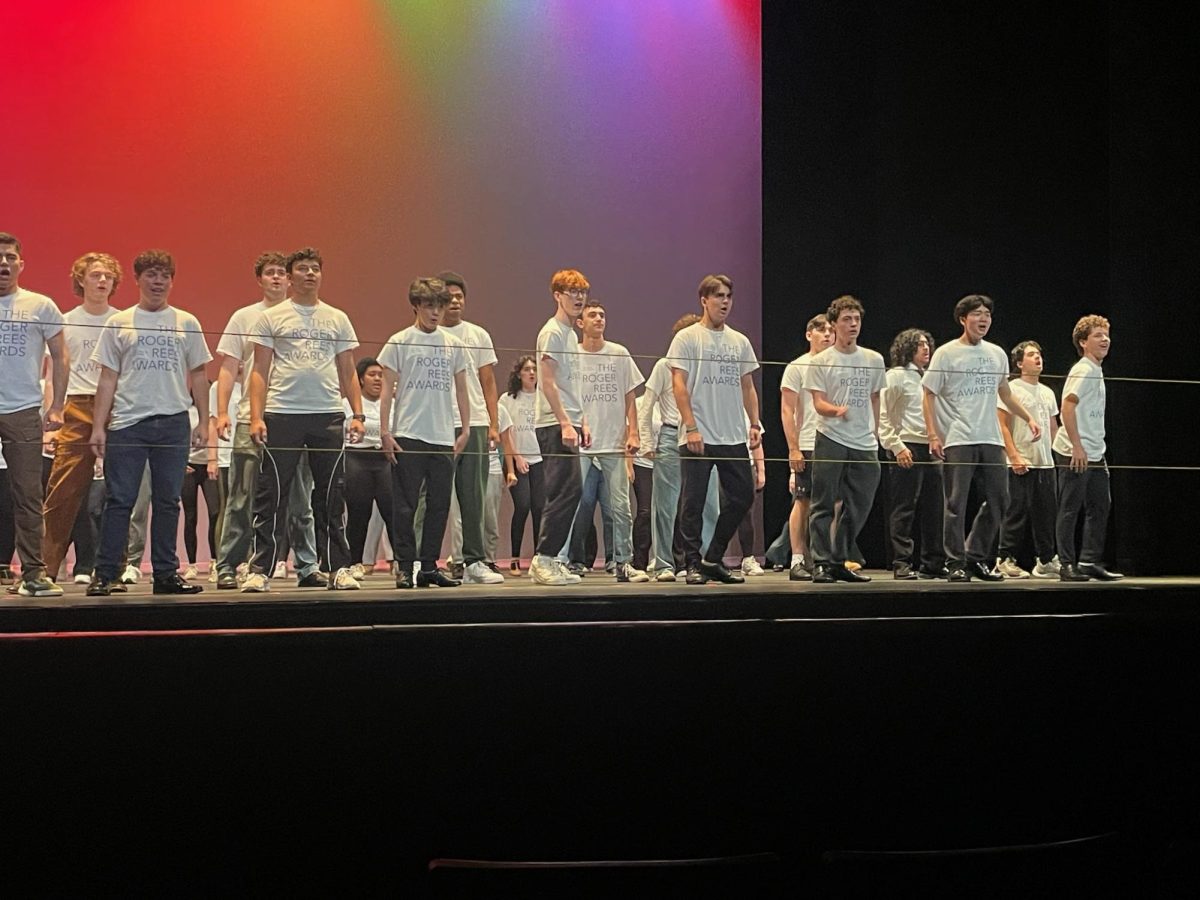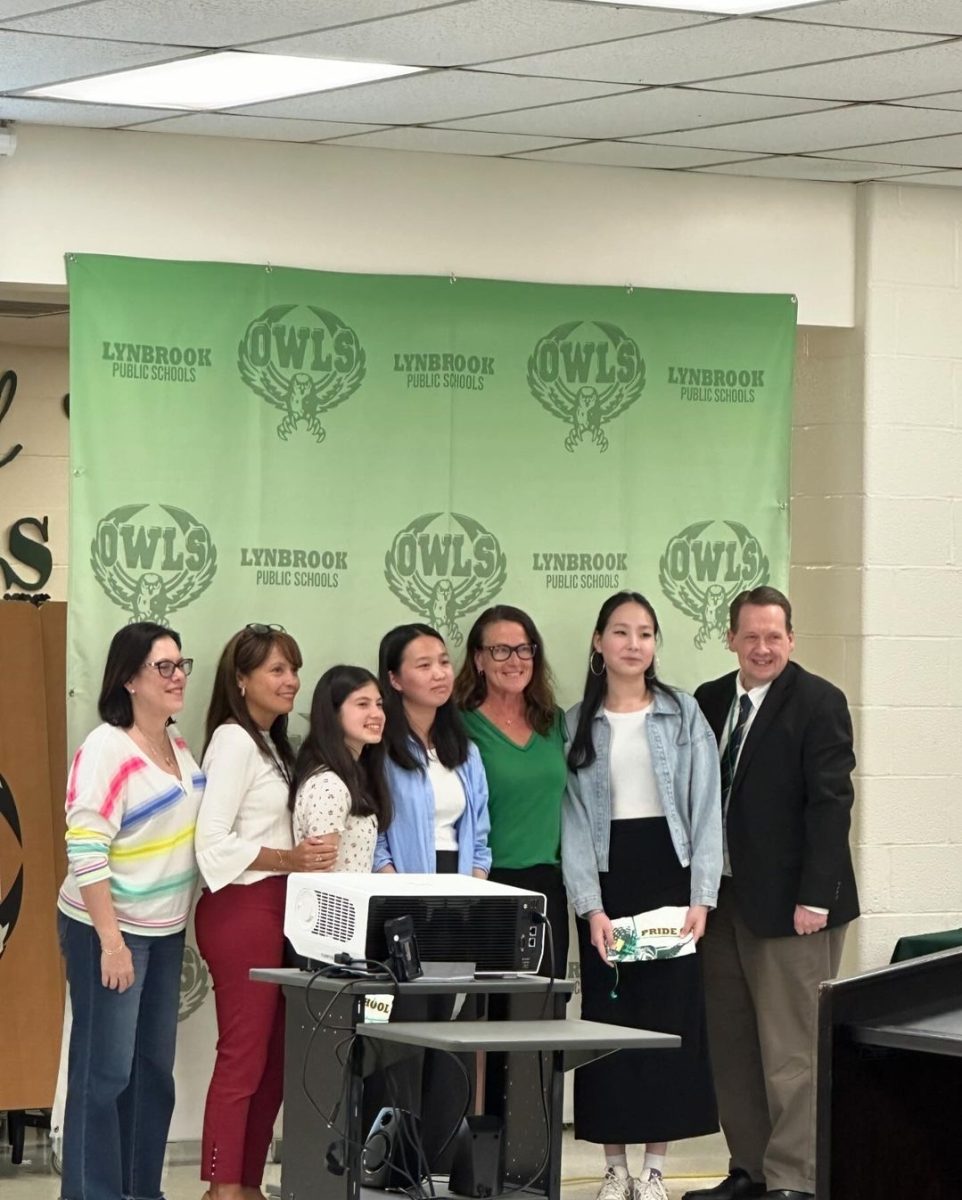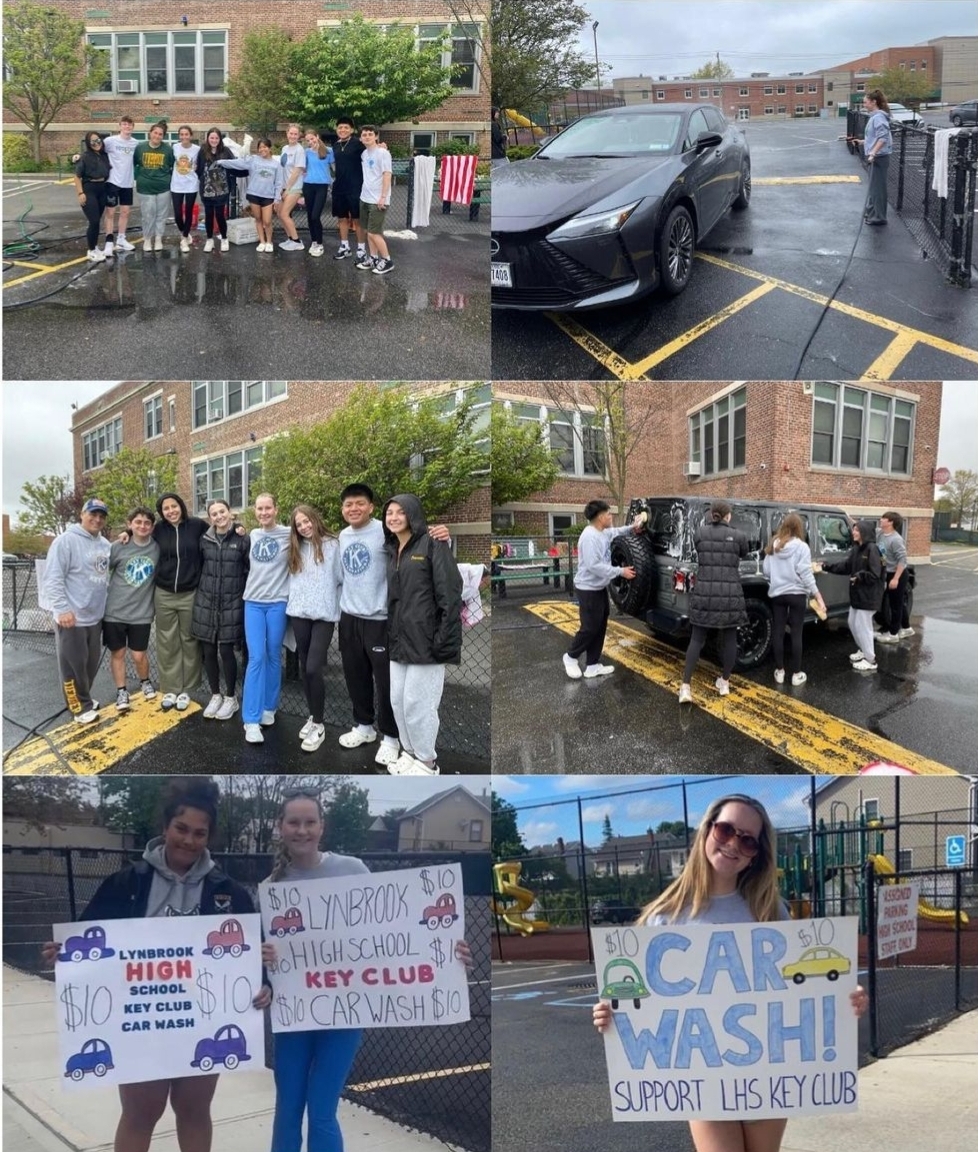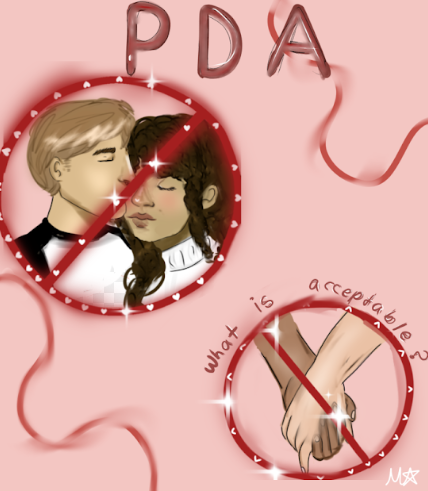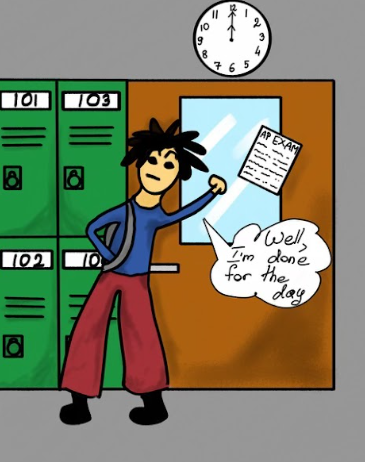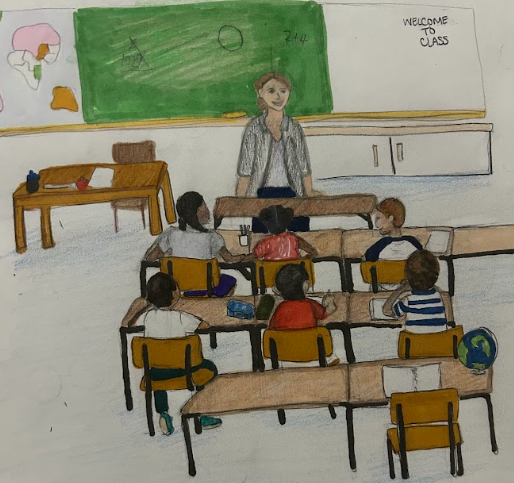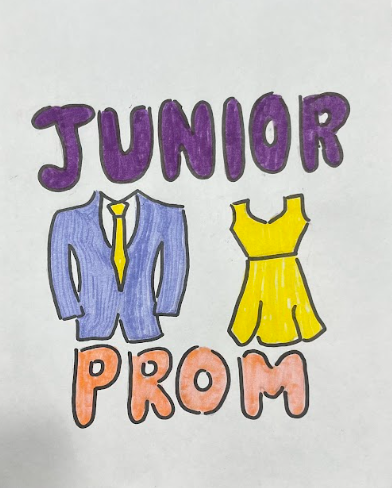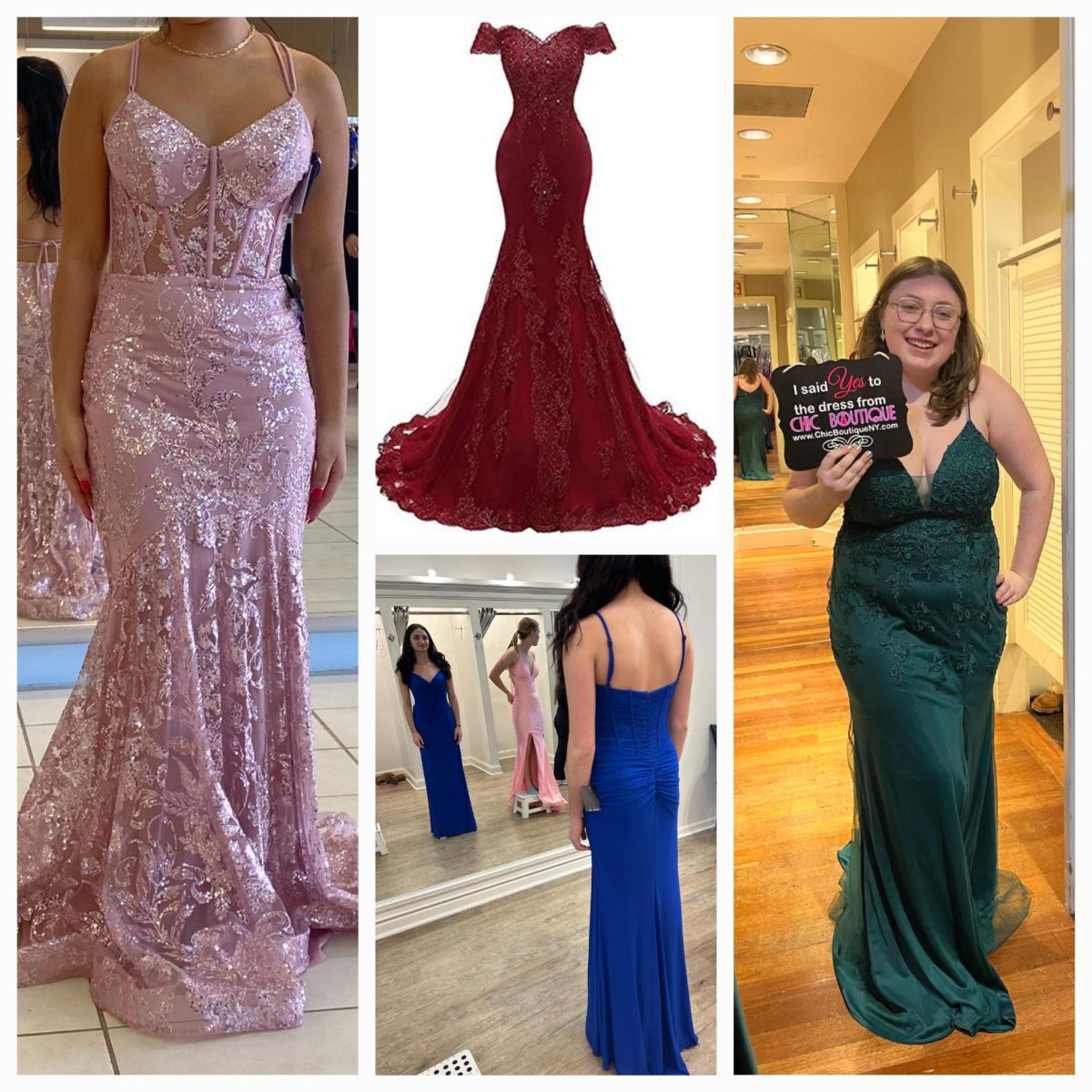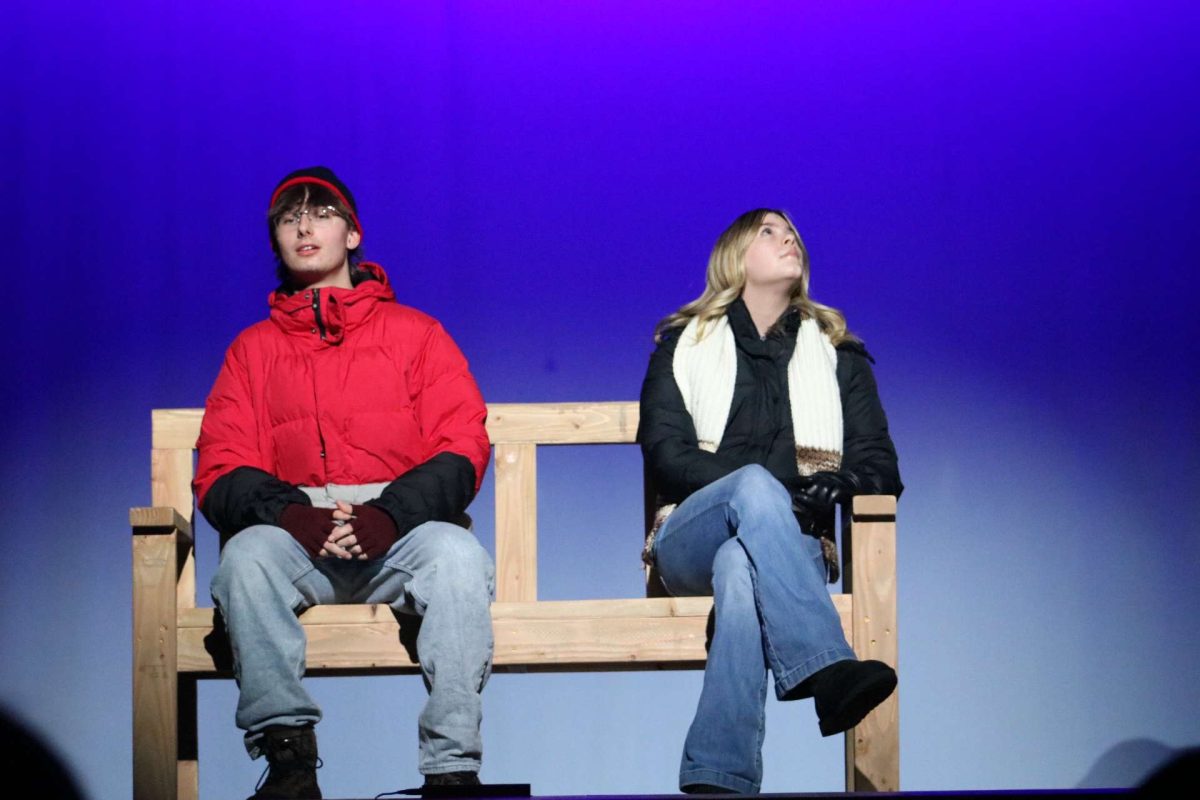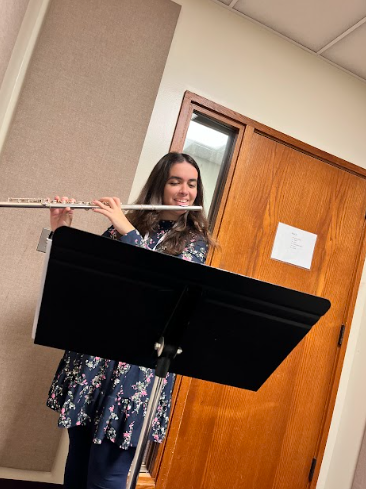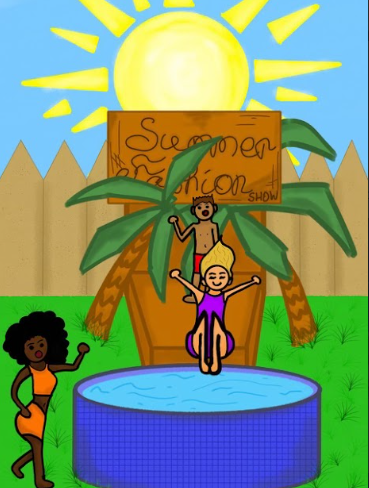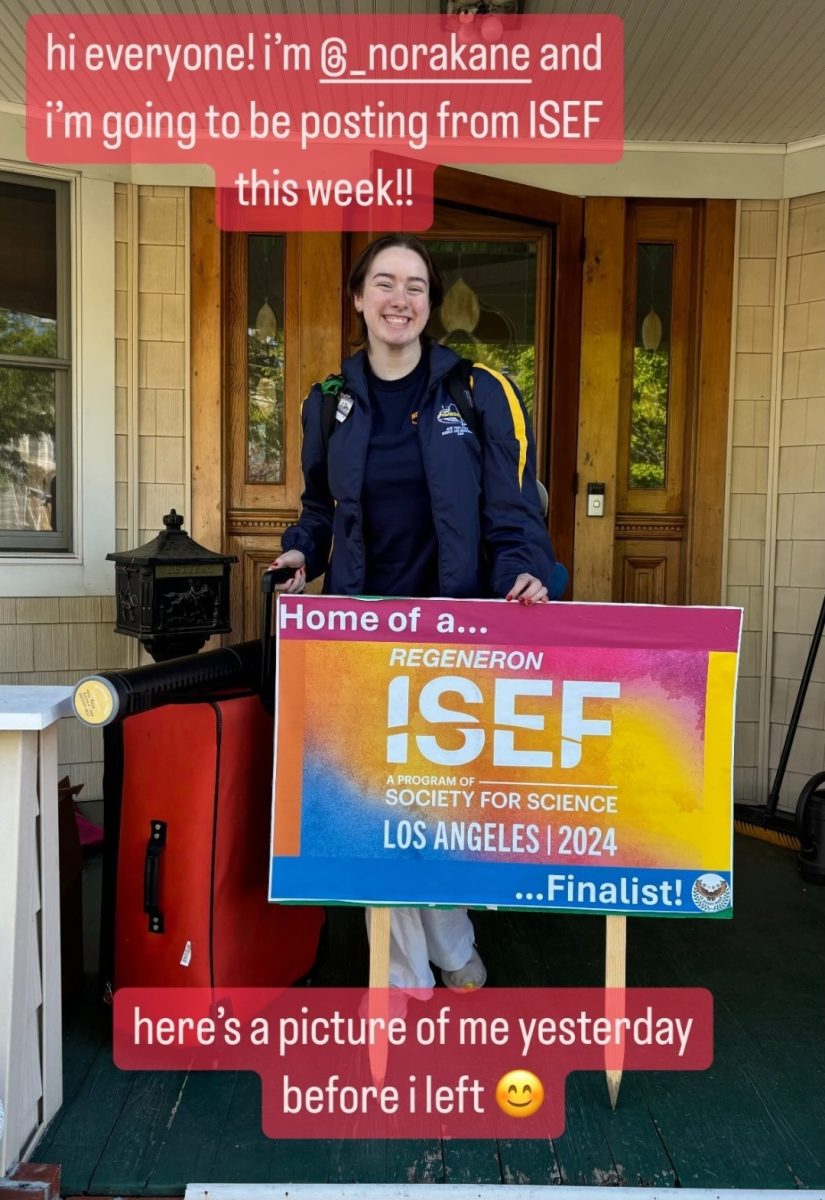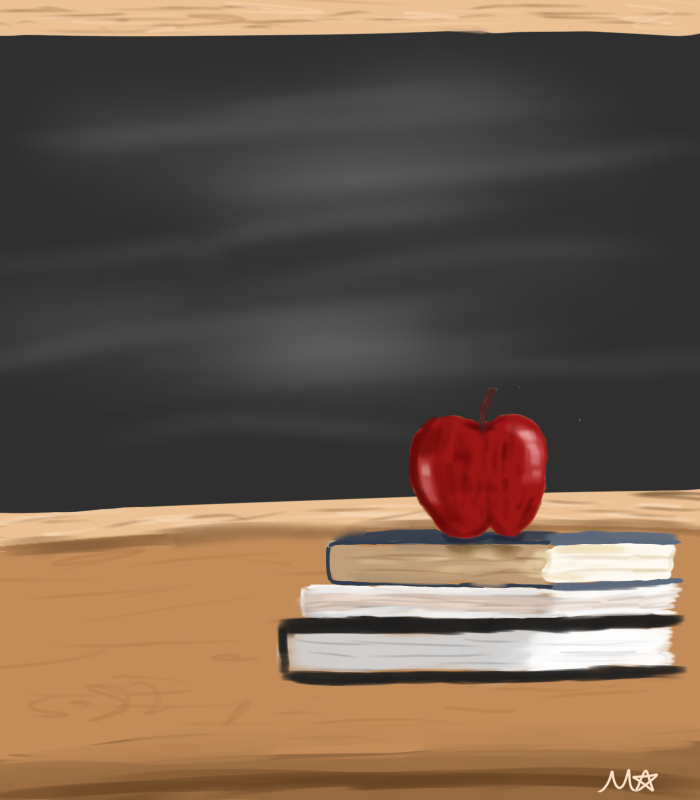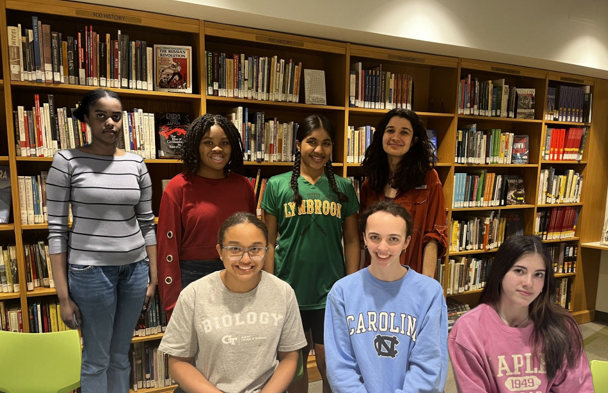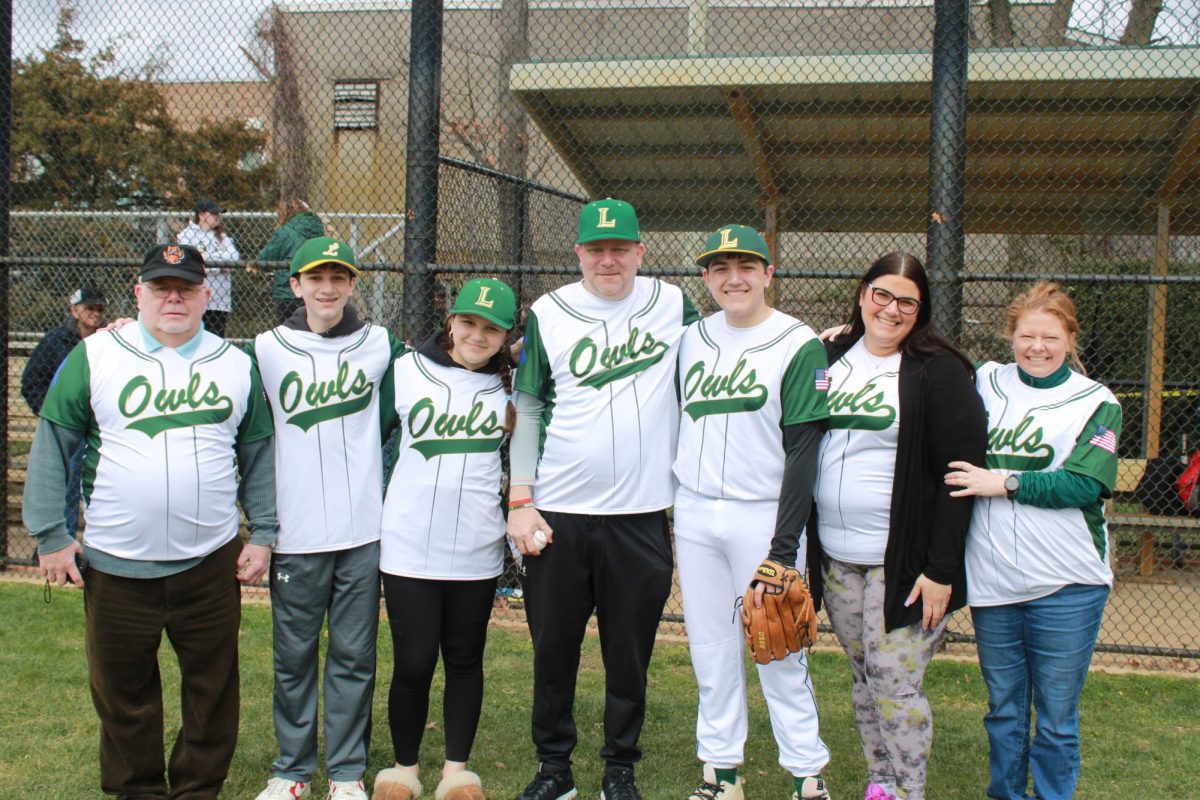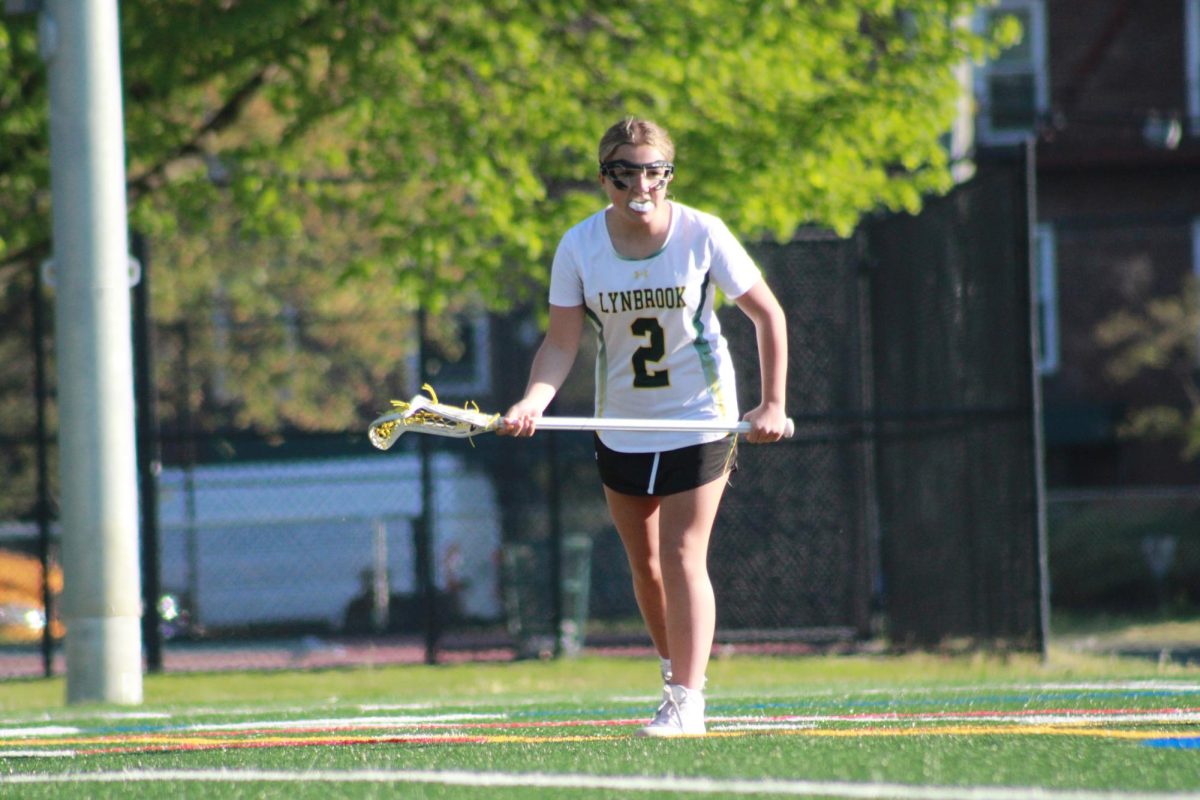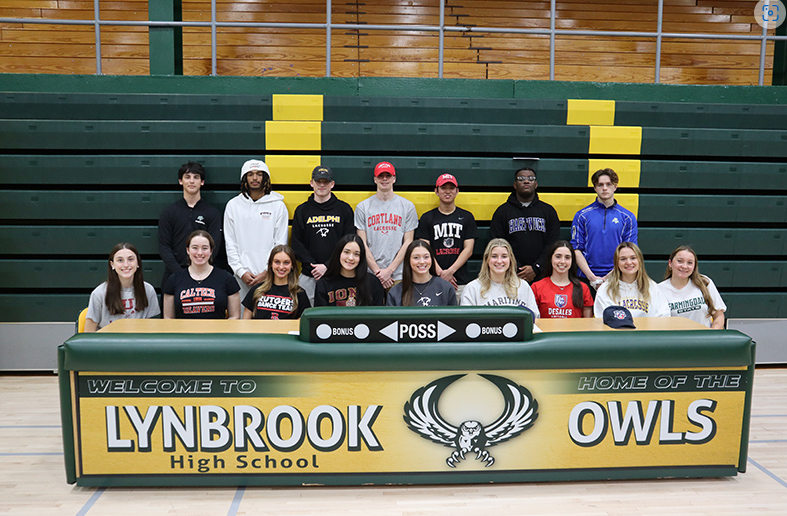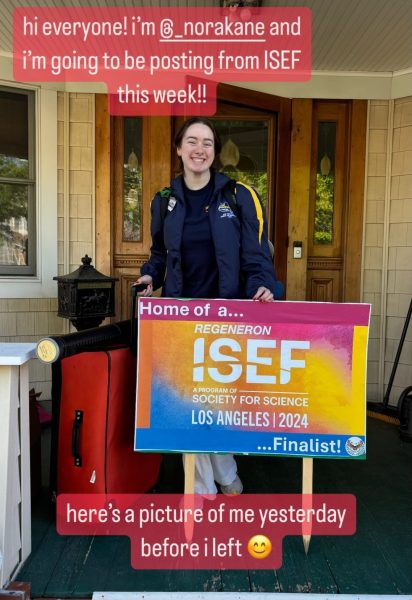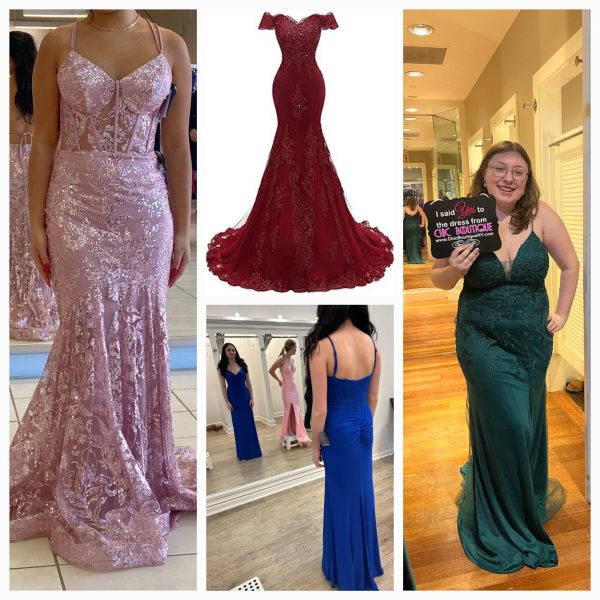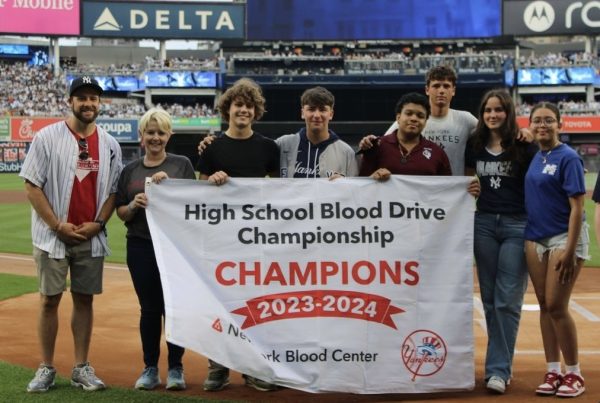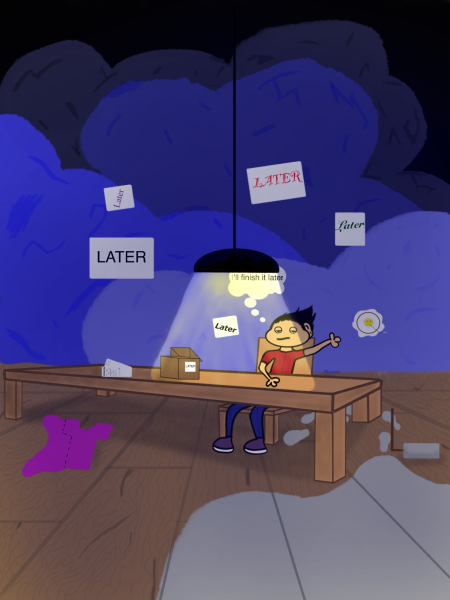Should Students Have More Varied Reading Choices?
Photo by freddie marriage on Unsplash
Students in English classes usually do not get to choose what books they want to read unless given an independent reading assignment. It is usually teachers who make the decision on what books we read in school. Some say that is good because it provides healthy boundaries for children and keeps them on task because a lot of them just do not want to read. Others say assigning books without the input of the students reading them is confining students to a creative cage, so to speak. LHS juniors were polled on the topic of choice reading.
Out of 59 responses, 95% of 11th grade students said that they want more independent reading units in English class. Of the responses, 92% answered that they think more independent reading units in English class would be beneficial. When asked to explain their reasoning why, students like Charles Reis replied, “I really hate reading books that I feel I don’t have a choice in, so I think it would be beneficial if I could choose my own books to read.” Students do not want to be confined to just classic literature; many students would like the opportunity to branch out and find what they like through learning and reading in school. Junior Mindy Leu agreed, she said, “[The books] would be different types of genres, and we can learn from each other with new books.” Learning from one’s peers about how they interpret the book could change one’s entire perspective on the novel. It could bring more clarity to the author’s message, tone, and mood.
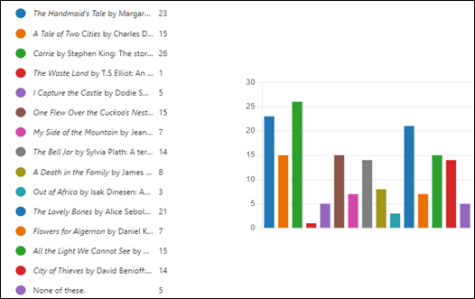
Enjoying reading does not always have to be on one’s own time. Reading should not feel like a chore; it should feel liberating, like an escape from harsh reality. Junior Hannah Bousaid’s comments on independent reading support this: “The freedom of choice allows students to actually be invested in the books they’re reading, retaining more information from them in comparison to a book that sparks little to no interest at all.” When a student, or anyone for that matter, feels connected to the book he/she is reading and genuinely enjoys it, it alleviates that feeling of dread that comes when reading a book one dislikes. Everyone is not always going to be happy reading, but with a choice, many will not be miserable. Reading the book one enjoys can also help the student retain the information better. Junior Michael DeJoseph shared a similar opinion in regard to independent reading: “I think more independent reading units would be beneficial as they allow us exposure to more things that we want to read and also teach us how to apply what we learn in class about annotation and analysis to books outside the designated curriculum. If I am reading the same book as the entire class, I may rely more on help from said class to analyze; however, if I am reading a book on my own, it is up to me to analyze the text alone, helping me practice the skills I need for the AP [exam] while enjoying what I read because it is my choice what I am reading.” Reading his own books helps DeJoseph with accountability because he has no safety net to fall back on.
Juniors additionally were asked to choose from a list of books those which they thought sounded the most interesting. Their choices can be found in the chart to the left. The top-three book choices were Carrie by Stephen King, The Handmaid’s Tale by Margaret Atwood, and The Lovely Bones by Alice Sebold. A noticeably common thread among these choices was that each of them features a female protagonist. While there is not anything wrong with the classics, they seem to lack a certain representation that many students feel starved of. Anyone can align himself with any character regardless of gender. But there is a certain pride one feels when the protagonist is someone to be looked at and related to on a deeper level, which does not get to happen as much with the classics since many of them are outdated and predominately cis-gendered white men.
Juniors at LHS and all over the world are preparing for college and the wonders it will bring. College requires a great deal of reading and using the skills learned and acquired in English class. Among those skills, students should be able to discover what book genres they like and dislike since reading can help influence one’s future. Representation, improvement of skills, advancement of intelligence, and, most importantly, enjoyment in/from what one is reading is integral to how a student views English class. Do people really hate reading, or is it just that they have not yet found the right book?

Hi! Thanks for checking out my profile page. I am a member of the class of 2024. I enjoy writing creative and interesting articles. I am a member of the...

